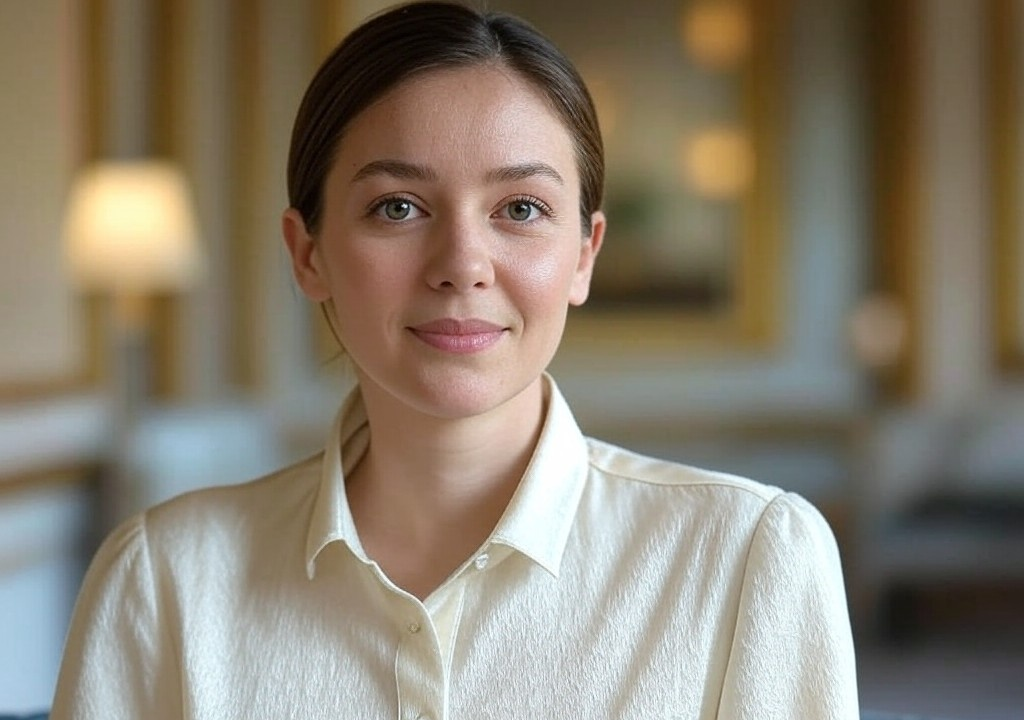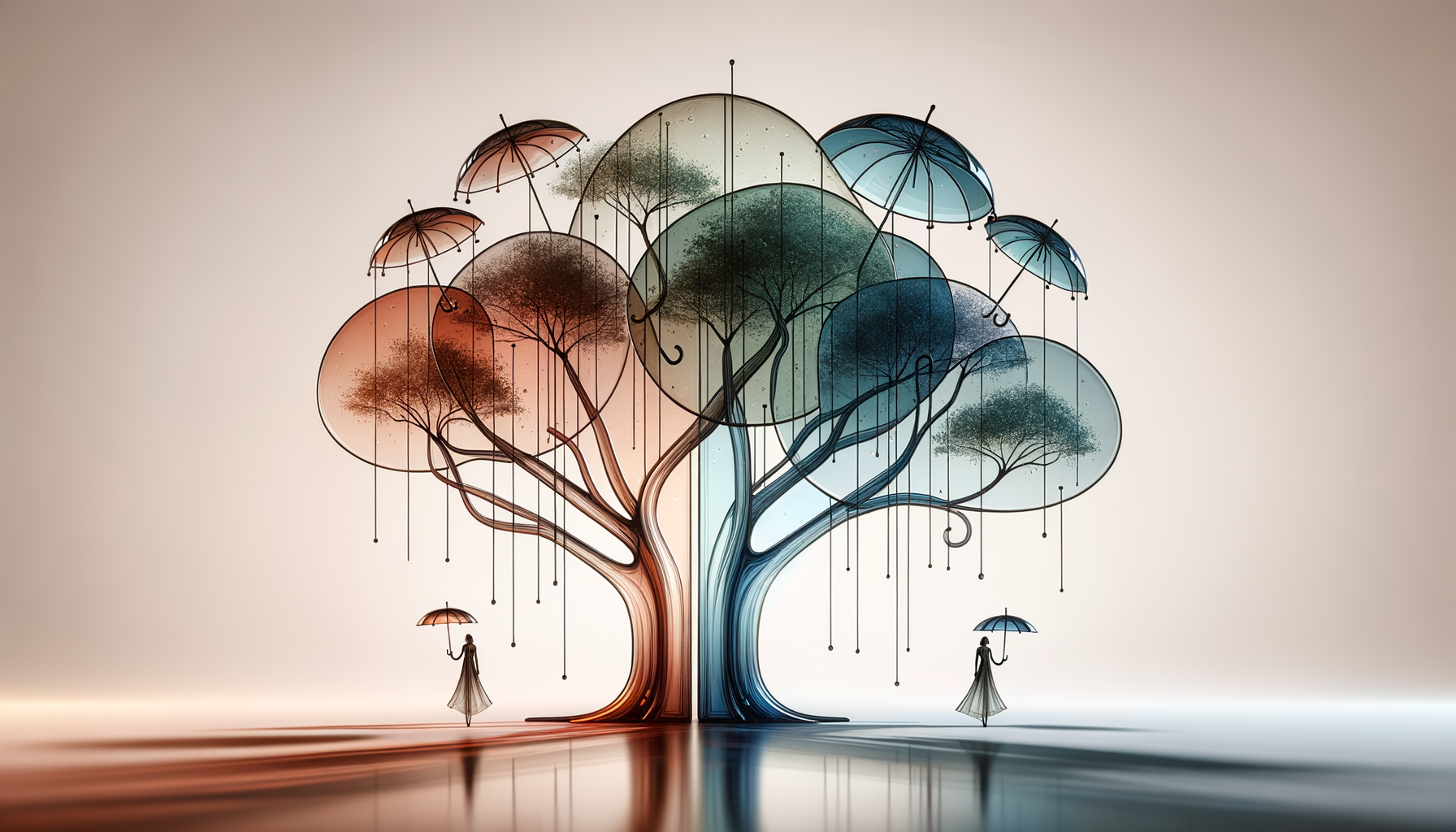The First Time I Felt Seen
There’s a funny thing about recognition. You don’t know you’ve been waiting to be seen until someone gazes past the surface and hits you with that rare, gut-deep understanding. It’s intoxicating. Like when you discover the one cupcake in the bakery that’s actually gluten-free and delicious—it’s unexpected, special, and a little unnerving because you didn’t believe it existed.
For me, that moment happened one humid summer evening in Atlanta—because of artisanal honey, an oversized umbrella, and a man who asked the simplest (but most disarming) question of my life.
The Magnolia Mask
You have to understand: growing up in Buckhead, I learned early on how to wear masks better than anyone at a Venetian Carnevale. Southern charm? Check. Polished small talk? Got it in my pearl-studded pocketbook. But when you’re raised in a world where debutante balls and family legacies still hold sway, that mask becomes heavy. There’s an unspoken expectation to be flawless—to present yourself as the perfect package: ambitious but not aggressive, cultured but never pretentious, beautiful but not too aware of it. It’s exhausting.
So I leaned into the persona. I loved arranging flower-centerpiece conversations of cordiality but zero authenticity. Did I secretly dream of ditching the heels to write messy Southern dramas full-time? Of course. Was I going to admit that to someone who’d just asked me whether “our family’s gardenia bushes had bloomed yet”? Nope.
Like a lot of people, I figured being understood was a luxury I simply couldn’t afford. That was until that fateful evening—the kind of evening that feels like it’s plucked from "The Notebook," minus the torrential downpour and Ryan Gosling’s abs.
Sweet Tea, Sweeter Words
It started innocently enough. I’d gone with a friend to a local farmers’ market tucked between rows of century-old oak trees. Atlanta heat hung in the air like an aggressive third wheel, and vendors milled around hawking everything from hand-carved cutting boards to candied pecans. I was standing at a booth selling bespoke honeys (yes, the South can make even honey bougie) when I realized I’d hogged the taste-testing station for far too long.
“I’m sorry,” I murmured, flustered, as I stepped aside, bumping awkwardly into the stranger beside me.
“It’s okay,” he said with a smile, brown eyes bouncing from the honey jars to me. His voice had a warmth that reminded me of James Taylor’s “Carolina in My Mind.” But his next words caught me completely off guard:
“What’s your honey-go-to? Are you a lavender enthusiast or a wildflower rebel?”
The question stunned me. It wasn’t the usual “So, what do you do?” interrogation or elevator-pitch networking exchange I’d come to expect. He skipped the shallow end and cannonballed straight into the deep waters of whimsy.
“I’m...still deciding,” I said with a laugh, surprised by my own honesty. He nodded as if my indecision were perfectly reasonable, and we spent the next ten minutes debating the merits of orange blossom versus tupelo honey. (Spoiler: tupelo wins. Every. Single. Time.)
What struck me wasn’t just the playful banter—it was the way he looked at me while we talked, genuinely curious and unhurried. He wasn’t glancing past me to scan the booth or check his phone. He wasn’t measuring my worth in polished answers. He was fully present.
Umbrella Epiphanies
After the honey debacle, a freak thunderstorm rolled in (ah, Atlanta summers). We ducked under an oversized café umbrella, laughing as rain streaked down around us. That’s when he asked me the question that changed everything:
“What do you really love about this city?”
It was deceptively simple, but it stripped away the Buckhead veneer I’d worn for so long. This wasn’t small talk. This was intentional. But instead of panic, I felt relief—like someone had just given me permission to be messy and real.
So I told him. I told him about the hidden alley behind a Ponce de Leon bookstore where live jazz happens on Thursday nights. About how I get goosebumps every time I see the city skyline light up at dusk, knowing others look at it and feel just as hopeful. I even admitted my true dream: to write novels that capture the South’s contradictions—not the postcard-perfect South, but the messy, complicated, deeply human one.
He listened, absorbing my words rather than rushing to share his own. And that was the first time I felt seen—unquestionably, irrevocably seen.
What “Being Seen” Looks Like in Relationships
Since that night, I’ve come to learn that being “seen” isn’t just about grand gestures or fireworks. Sometimes, it’s in the small, quiet moments. It’s presence. It’s curiosity. It’s someone holding up a mirror, reflecting back your best bits—even the parts you’re still hesitant to own. And while I’m not here to sell you a Hallmark fantasy (spoiler: we didn’t get married in Charleston or run a honey farm together), I walked away with a lesson that’s fundamentally reshaped my approach to connections.
Here are a few truths I’ve learned about recognition and relationships, for what they’re worth:
- Curiosity outshines compliments. Instead of praising someone for their curated surface (nice outfit, cool job), ask them about what lights them up. The best connections start with authentic curiosity.
- Drop the “perfect-date” script. Who cares about the endless cycle of small talk about work and weekend plans? The magic happens when you dare to go off-script. (Bonus: it’s way more fun.)
- Embrace humor and vulnerability. Life is messy and awkward—it’s okay to trip over your own words or admit you don’t have it all figured out. Genuine laughter is a shortcut to connection.
- Recognize presence is rare. In a world of distractions, being present for someone—in the soul-deep way—is priceless. Don’t just hear them; listen.
Your Permission Slip to Be Seen
Authenticity isn’t always easy. For years, I thought being guarded made me sophisticated, when really it just made me lonely. Letting someone see the messy, tangled parts of who you are is terrifying—but it’s where the magic happens.
Not every interaction will go deep. Not every stranger at a honey booth will change your worldview. But you deserve, at the very least, to connect with people who see you as you are, quirks and all. So let the polished mask slip every now and then. Ask the unorthodox question. Share the story no one’s heard yet. Find your own oversized umbrella moment—and lean into it.
You never know what sweet discoveries (or tupelo enthusiasts) might be waiting.




















